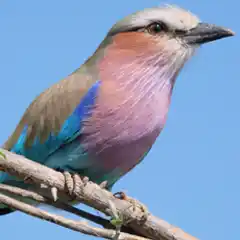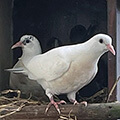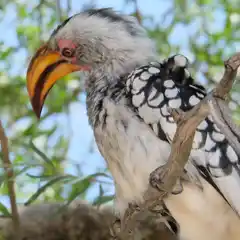







Eimeria tenella is one of major species responsible for coccidiosis in domestic chickens, an enteric disease of strong economic impact worldwide. The inability to reproduce the full life cycle of Eimeria in vitro is a limitation to advances in coccidian studies. In the standardized system for Eimeria culture within established cell lines, 2D- culture, important cellular functions found in vivo are lost. More recently three-dimensional -3D cell cultures have been explored to decrease this gap between 2D cell cultures system and the cellular physiology of animals. Different methods are currently used to support the 3D approach and they have been successfully used to study some other apicomplexan parasites. To Eimeria, these techniques still have been poorly explored, therefore, we compared the development of E. tenella in 2D cell culture versus 3D systems using the Madin-Darby bovine kidney and other cells lines. Current experiments show that E.tenella sporozoites are able to invade different 3D models and develop in different cell types up to merozoites stages, however the visualization of sexual stages are still undetected. Further experiments using molecular identification and testing Eimeria expressing markers on later life stages will allow us to verify if parasites were undetected by the current observations.
Return to the Grants Awarded page.